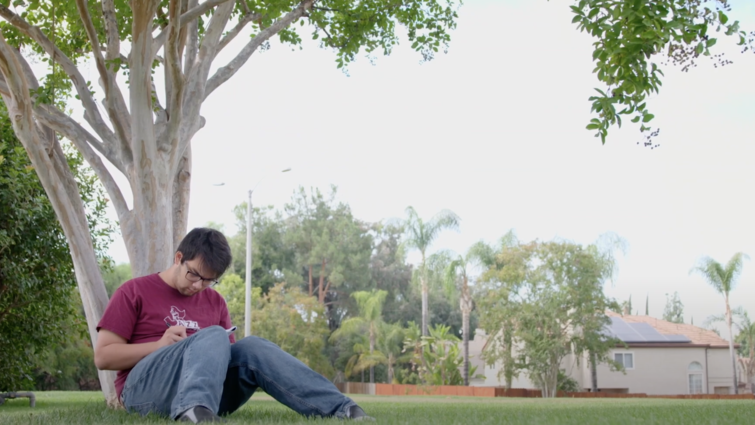
Loma Linda University Behavioral Health celebrated 30 years at the 14th annual Seeds of Hope event held virtually on Thursday, Nov. 18 with $82,875 raised so far. Patients, faculty, and donors celebrated their resilience and adaptation to the COVID-19 pandemic and its effects on mental health.
While many facilities in the community shut their doors amid the pandemic, Loma Linda University Behavioral Medicine Center (BMC) was able to continue serving the community to meet an increased need for services amid a decrease of access to many such services.
Edward Field, MBA, vice president and administrator for the BMC, said the center expanded outpatient practices to offer virtual care services in an effort to reach more individuals who may have been previously limited by distance.
“The partnership with our donors, staff, and the county is vital to reduce stigma and provide education, recovery, and hope to our community,” Field said.
The National Suicide Prevention hotline that serves San Bernardino County residents also noted an increased need for resources at the start of the pandemic, increasing from 14 calls a month to 3,000 from February to April 2020.
Karl B.McMillen Jr., president and chairman of The McMillen Family Foundation, vulnerably shared stories of his two sons, Mark and Chris, who battled substance abuse as young adults. The two have acted as catalysts and the “why” for his foundation as they died at ages 28 and 54 years old, respectively.
“Your life is divided into three parts: First you learn a lot, then you work a lot, then you give back,” McMillen said.
McMillen and wife Carol have passionately dedicated their lives to help those in need and graciously accepted the 2021 Behavioral Health Champion award.
William G. Murdoch, MD, medical director of the BMC and a child psychiatrist, was awarded the Caregiver Recognition Award for his expression of gratitude and selflessness.
One young patient, Tyler Rojanaroj, shared his past and current experiences with the BMC.
Rojanaroj had a good home life but frequently changed schools due to rampant bullying from both students and teachers. The fear of being labeled further caused Rojanaroj to shy away from the exploration of what anxiety and depression is. He instead turned to music. His songwriting mimicked his intrusive thoughts and self-deprecating language.
In the summer of 2020, Rojanaroj, then a senior in high school, had complete intent to self-harm or even take his life. He went to his mother and was soon admitted to the BMC. Now an outpatient, he still works with his therapist regularly. He is now actively involved in the music scene in Redlands and hopes to pursue a career in the music industry as an audio engineer.
“[I have been] meeting people, having fun and breaking out of my shell a bit,” Rojanaroj said. “And kind of carrying myself with this newfound purpose.”
Guest speaker and premier sports agent Leigh Steinberg highlighted the importance in seeking help, especially after the collective trauma and isolations COVID-19 caused.
Twelve years ago, Steinberg, addicted to alcohol, broke through his denial and sought help. Friends and family supported him through a unique 12-step program — techniques he actively practices.
“If you feel like you need help, there’s no judgment in it,” Steinberg said. “It’s just treated as another form of health.”
A new goal for the BMC is to raise money for more space for long-term addiction treatments to act as a step between the acute detox period in BMC and halfway houses or long-term recovery centers.
For more information about Seeds of Hope and opportunities to support patients, visit http://lluh.org/SOH.
